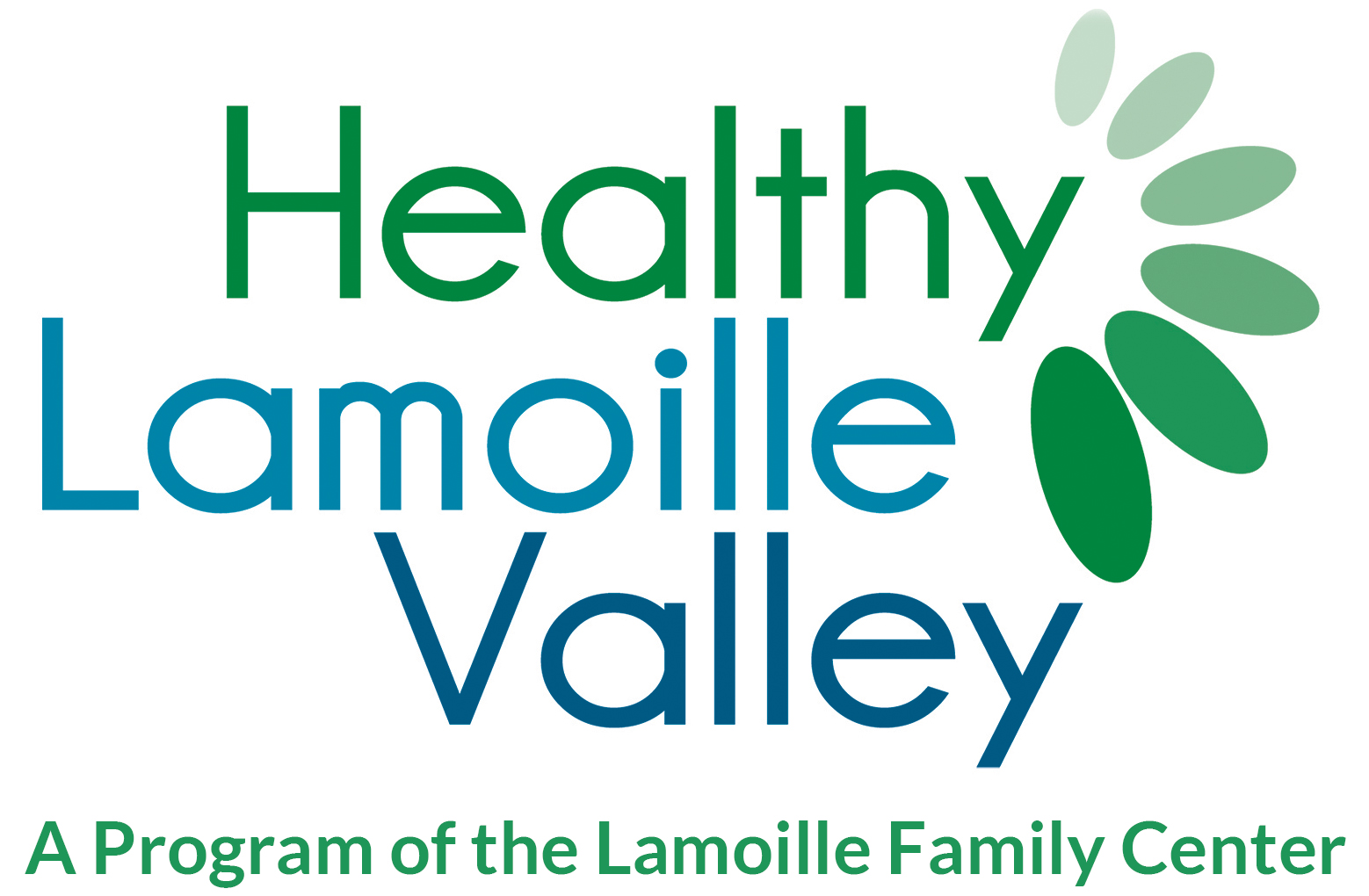November 17 & 18, 9:00AM to 4:30PM | November 19, 9:00AM to 12:00PM (two and a half days total)
Stoweflake Mountain Resort and Spa, 1746 Mountain Road, Stowe, Vermont
Who: Prevention and prevention-aligned professionals at the beginning to the intermediary level. The workshop is appropriate for prevention professionals, school based prevention staff (SAPs), recovery staff, board members, and other community partners.
Cost: There is no cost to attend the Introduction to Prevention Core Competency Workshop. All participants are required to attend all 3 workshop sessions. Lodging, meals and transportation costs are up to the participants. Please check with your regional and local prevention organizations for support. Lunch is provided for Monday and Tuesday. Coffee/Tea is available during the workshop.
Accommodations are available at a discounted rate at the workshop location. Please make your reservations directly with the Stoweflake Mountain Resort and Spa here. Continental breakfast is included with your hotel stay.
Facilitators: Jessica Bickford, CPS, Coordinator of Health Lamoille Valley and Robin Rieske, MS, CPS , Owner of Consulting Works, LLC.
About: The Introduction to the Prevention Core Competencies for Prevention Professionals, covers the foundations of substance use prevention science for early and mid-career prevention professionals. The curriculum utilizes evidence-based strategies for adult learning; and builds upon and complements existing workforce training curricula and resources (e.g., Substance Abuse Prevention Specialist Training (SAPST), Foundations of Prevention Science and Practice Curriculum, and Universal Prevention Curriculum). There are no prerequisites required for this workshop.
Course Goals:
- To provide an overview of prevention science and its application to practice
- To strengthen understanding of effective planning and implementation approaches to prevention services
- To raise awareness about the training and credentialing needs for the field
- To encourage the pursuit of more specialized training
Upon completion of this course, participants will be able to:
- Describe the key elements of prevention planning and evaluation
- Discuss the core prevention professional knowledge, skills, and competencies
- Acknowledge the importance of research-based theories and processes that help explain and build effective prevention interventions
- Describe how evidence-based (EB) prevention strategies can be delivered across settings, including the family, school, media, community, or workplace
16 Contact Hours Available: Certified Prevention Specialist Domains: 1-3 & 6
Facilitator Bios:
Jessica Bickford is the Coordinator of Healthy Lamoille Valley, a coalition serving the youth and adults in rural Lamoille Valley in Northern Vermont. She has been working to grow the coalition and deepen the work over the last 12 years. Jessica is a lifelong learner with a BA in interdisciplinary studies (Recreation and Psychology) from Plymouth State University. Jessica is a graduate of the Boys and Girls Club’s Strom Thurmond Leadership Program, the New England’s Advanced Technology Transfer Center’s Leadership Development Program, CADCA’s National and Graduate Coalition Academies. Jessica is part of Vermont’s first cohort of Certified Prevention Specialists Certification receiving certification from the IC/RC in 2023. Jessica has been supporting Vermont’s statewide prevention efforts since 2016 as a longstanding member of Prevention Works VT’s Steering Team. Jessica serves on CADCA’s Coalition Advisory Council, representing Vermont and bringing representation of small rural community coalitions.
Robin Rieske, MS, CPS (she/her) is the owner of Consulting Works, LLC, which provides organizations and individuals with training, education, technical support, strategic planning, and other prevention services. Robin worked as a Prevention Consultant for the State of Vermont for over 30 years, providing consultation and community organizing to coalitions and other community sectors throughout New England. She teaches Prevention Ethics, Advanced Prevention Ethics, and SAPST. Robin also chairs the Vermont Prevention Certification Board and serves on local Prevention Boards in Vermont, and works as a Consultant in Vermont with prevention coalitions and statewide initiatives.
“SAMHSA has created a trio of foundational trainings for prevention professionals. The SAPST is the how, with a focus on the Strategic Prevention Framework. Ethics keeps our standards high, and the newest addition to the trio is the Introduction to the Substance Prevention Core Competencies, the why. The Core Competencies equip us with the foundational answers of why we do our work – rooted in epidemiology, physiology, psychopharmacology, and the etiology (socialization) models – this class makes these concepts understandable. It provides us with a clear understanding of why this work is important and impactful.”

